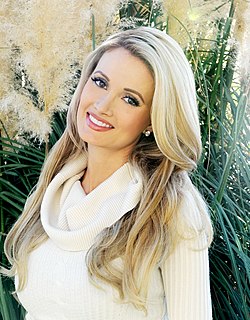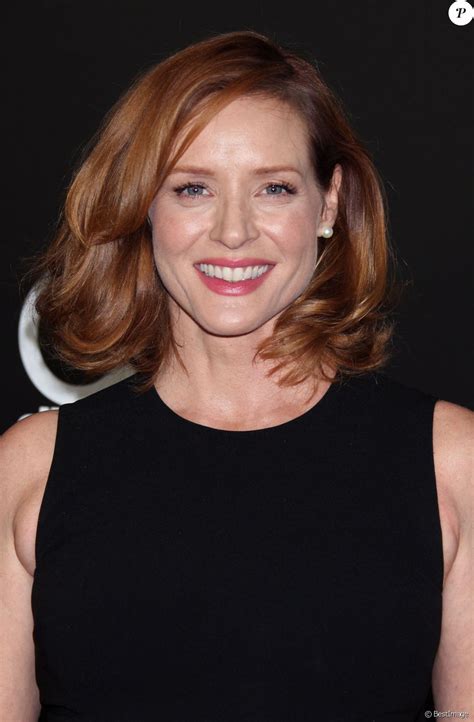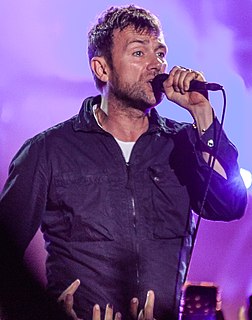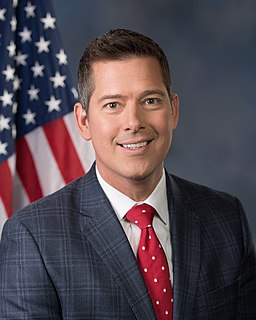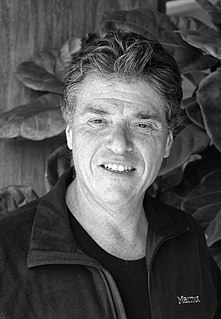A Quote by Wang Jianwei
From about age 17 to 25, a time some people describe as "beautiful youth," it was "arranged" for me to live with two different collectives. These eight years where I had absolutely no choice influenced me in two ways: firstly, I gained an understanding of "freedom." To this day, I very much respect and treasure individual choice. Secondly, I developed a suspicion towards any kind of organization, collective, movement or uniform action, as well as a rejection of any kind of power.
Quote Topics
About
Absolutely
Action
Age
Any
Arranged
Beautiful
Beautiful You
Choice
Collective
Collectives
Day
Describe
Developed
Different
Eight
Freedom
Gained
Had
Individual
Individual Choice
Influenced
Kind
Live
Me
Movement
Much
No Choice
Organization
People
Power
Rejection
Respect
Some
Some People
Suspicion
This Day
Time
Towards
Treasure
Two
Two Ways
Understanding
Uniform
Very
Ways
Well
Years
Youth
Related Quotes
When I look back on the past two decades of my journey today, I guess many people would interpret my artistic practice as a kind of cross-media attempt. I have indeed tried many different kinds of media over the past 20 years and collaborated in many different ways with people from many different fields. However, I like to understand this process as a kind of compensation for having once lost my "right of choice," an exercise of free choice and taking responsibility for any consequences that might result from it. To be honest, it's a bit of a paranoid act.
I think some people had, probably, a time in their life where they were good at two things and they had to make a big decision. For me, it was never like that - I just skied every day of my life and kind of made the right steps in the right direction, and so there wasn't really a choice of like, "What should I do?" I remember when I was like 10 years old, I was just wanting to be in the Olympics and wanting to compete in the World Cup, and there was never another choice in my head.
I am never much interested in the effects of what I write....I seldom read with any attention the reviews of my...books. Two times out of three I know something about the reviewer, and in very few cases have I any respect for his judgments. Thus his praise, if he praises me, leaves me unmoved. I can't recall any review that has even influenced me in the slightest. I live in sort of a vacuum, and I suspect that most other writers do, too. It is hard to imagine one of the great ones paying any serious attention to contemporary opinion.
The economic freedom which is the prerequisite of any other freedom cannot be the freedom from economic care which the socialist promise us, and which can be obtained only by relieving the individual at the same time of the necessity and of the power of choice: it must be the freedom of economic activity which, with the right of choice, inevitably also carries the risk and the responsibility of that right
I've had two romances since moving to Las Vegas. One was with somebody 12 years older than me, and the other was the same age, and neither worked out. I know people still think of me as one of Hugh Hefner's girlfriends, and he of course was much older than me, but that was a whole different lifestyle and a different kind of dating.
Each individual has their own opinions about whether war is an answer to any problems. Personally I think it's a waste of time, but I think more importantly, that it's is an issue that we haven't had any say in. That's why I feel so strongly about it. I don't feel like we've really been given any choice in this matter. I think if you had a referendum tomorrow, Tony Blair would have no choice but to call off the war.
When I first started comedy, before I kind of gained any national prominence, I - in a weird way - went back to that. Marc Maron had me on WTF making fun of me about that when I first opened for him. I had this very kind of hip-hop bravado to me, and I realized that now I've let some of that go in my stage presence, that maybe that was because I had dropped that completely from my life, and when I got onstage I sort of rekindled it. And I think now that it was perhaps a defense mechanism that was left over from those days, which I think is kind of interesting.
What is accurately portrayed is the rich humanity not just of Martin Luther King but of the movement, which was a multiracial movement. You had blacks and whites coming together and sacrificing, organizing and mobilizing the world. That's the first time we've had collective action put at the center of any kind of portrayal of Martin King on the screen.
Just the other day the AP wire had a story about a man from Arkansas who entered some kind of contest and won a two-week vacation--all expenses paid--wherever he wanted to go. Any place in the world: Mongolia, Easter Island, the Turkish Riviera . . . but his choice was Salt Lake City, and that's where he went. Is this man a registered voter? Has he come to grips with the issues? Has he bathed in the blood of the lamb?
I know what you said! My mother would never have belonged to something like that. Some kind of-some kind of hate group." "It wasn't-," Jace began, but Hodge cut him off. "I doubt," he said slowly, as if the words pained him, "that she had much choice." Clary stared. "What are you talking about? Why wouldn't she have had a choice?" "Because," said Hodge, "she was Valentine's wife.





